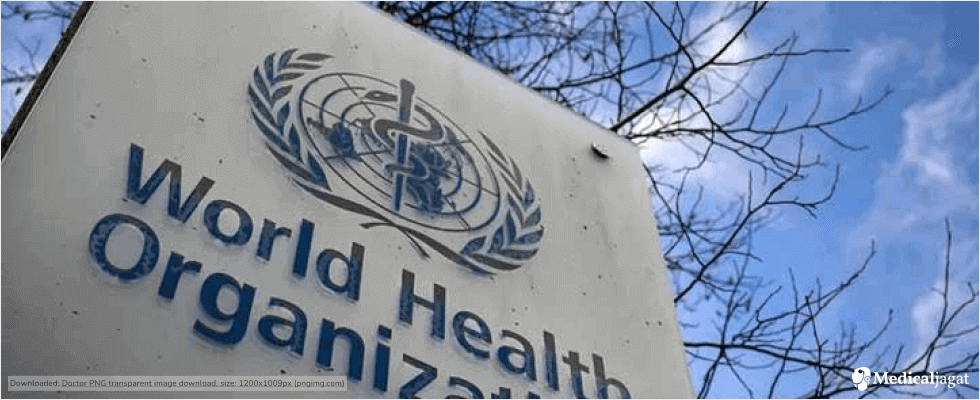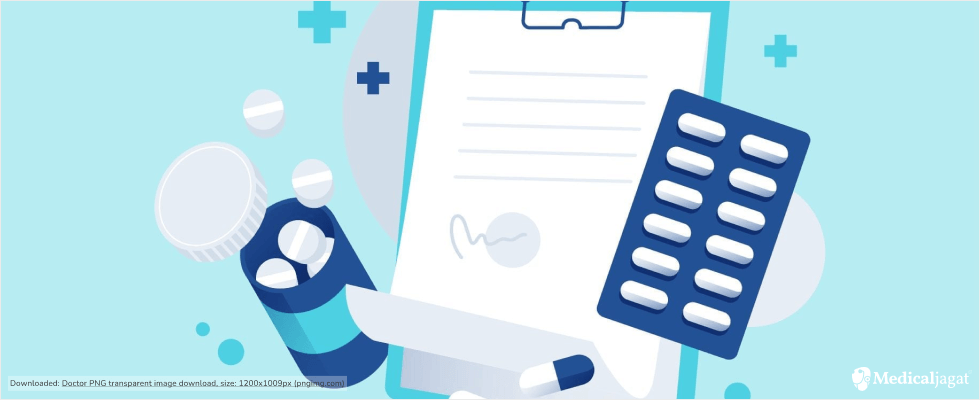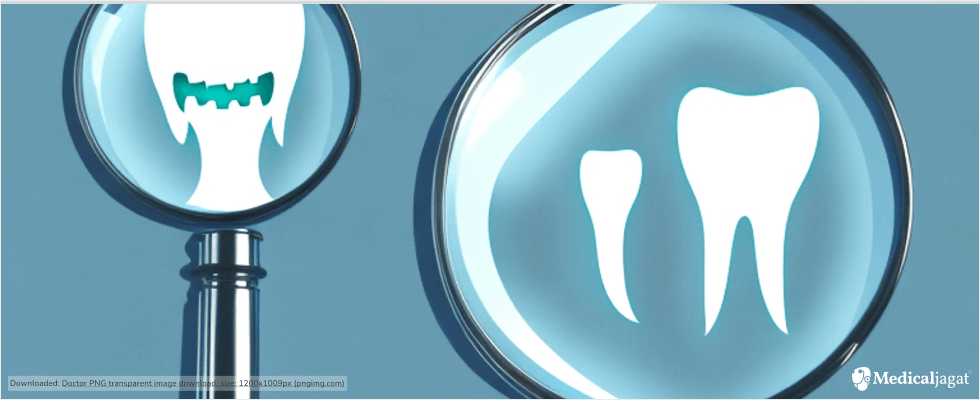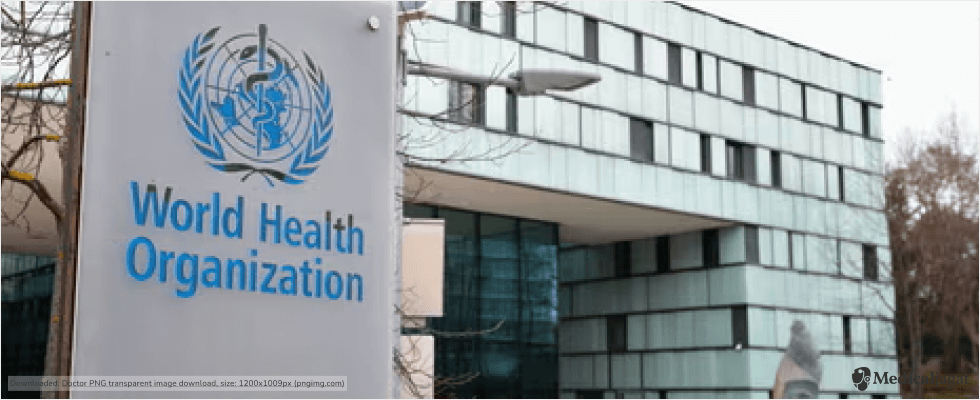
Adhering to the World Health Organization's (WHO) sodium guidelines could prevent around 3 lakh deaths from cardiovascular disease (CVD) and chronic kidney disease (CKD) in India within the first 10 years, according to a recent study by The George Institute for Global Health.
The study, published in The Lancet Public Health, reveals that following the WHO's guidelines for sodium in packaged foods could also prevent about 1.7 million new CVD cases and 7 lakh new cases of chronic conditions. Additionally, reducing sodium levels in packaged foods could save nearly $800 million and prevent 2.4 million cases of heart disease, stroke, and kidney disease, potentially saving $2.5 billion over a lifetime.
The WHO has established global benchmarks for sodium content in 58 major food groups that significantly contribute to sodium intake. The research emphasizes the need for policymakers to set limits on sodium in packaged foods to lower the healthcare costs associated with chronic diseases.
An earlier study by AIIMS, New Delhi, and the ICMR-National Centre for Disease Informatics and Research highlighted that people in Andhra Pradesh consume an average of 8.7 grams of salt daily, well above the WHO's recommended limit of 5 grams. This raises concerns as the consumption of packaged foods high in sodium continues to rise in India.
Sudhir Raj Thout, a research fellow at The George Institute for Global Health India, pointed out that India faces a unique opportunity to improve dietary quality by reducing sodium in packaged foods before they become a dominant food source. He emphasized the importance of prompt action, especially as reliance on packaged foods grows.
Visit the link B.Sc. Anesthesia Technology
The study's findings, which remained robust across various assumptions and data adjustments, strongly support the adoption of WHO’s sodium guidelines. By implementing sodium limits in packaged foods, India could prevent millions of health issues and save significant funds, underscoring the need for policymakers to prioritize sodium reduction for public health. This research, funded by the WHO country office in India, reflects the organization’s commitment to promoting healthier eating and reducing diet-related diseases worldwide.















